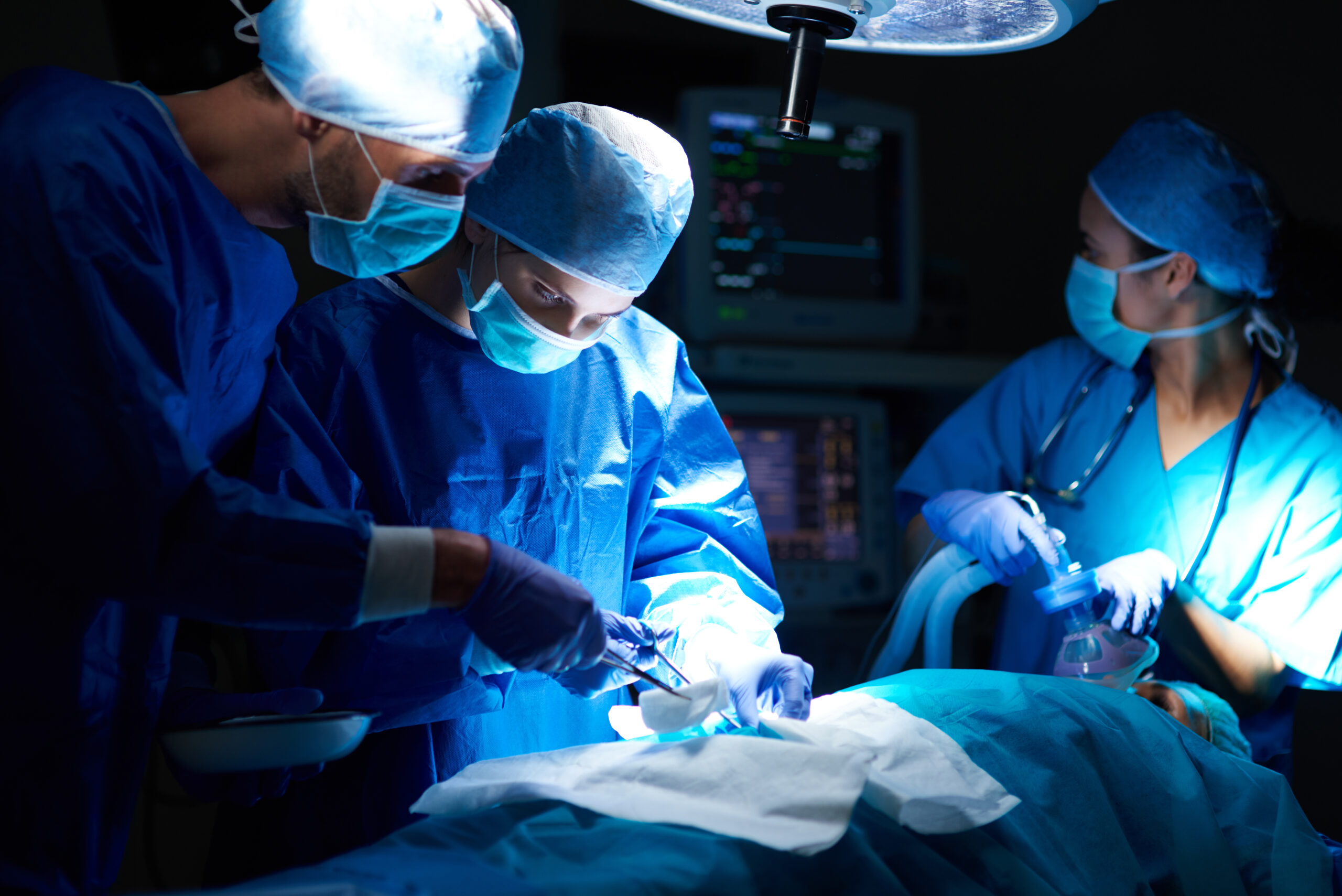COLORECTAL
COLORECTAL
Colorectal disease occurs when the colon or rectum becomes inflamed or develops conditions like polyps or cancer. It can develop due to poor diet, sedentary lifestyle, or genetic factors. Over time, these issues can lead to symptoms like abdominal pain, changes in bowel habits, and rectal bleeding. Early diagnosis and treatment are crucial to prevent complications such as bowel obstruction or cancer spread. Left untreated, it can lead to persistent discomfort, anemia, and more severe health problems. Seeking medical attention ensures proper management and prevents complications. Timely intervention is key to preserving colorectal health.

Causes & Risk Factors of Colorectal
Recognizing the underlying causes of colorectal is essential for effective management and long-term health.
Poor Diet and Lack of Fiber
Diets high in processed foods, red meat, and low in fiber increase the risk of colorectal issues, including cancer and diverticulosis.


Chronic Conditions (IBD, Diabetes)
Conditions like inflammatory bowel disease (Crohn’s disease, ulcerative colitis) and diabetes can increase the risk of colorectal cancer and other digestive disorders.
Sedentary Lifestyle
Lack of physical activity is linked to an increased risk of colorectal cancer and other digestive issues. Regular exercise helps maintain bowel health.

Symptoms of Colorectal
Persistent pain or cramping in the abdomen, often related to bowel movements.
Diarrhea, constipation, or alternating between both, which may indicate an underlying issue.
Blood in the stool or on toilet paper may signal conditions like hemorrhoids, polyps, or colorectal cancer.
Sudden weight loss, especially with other gastrointestinal symptoms, could indicate a serious condition like cancer.
Ongoing tiredness, often due to blood loss or nutrient malabsorption, which is common in colorectal disease.
Treatment Options
- Medications :Anti-inflammatory medications, antibiotics, and medications to manage symptoms of IBD or colorectal cancer can provide relief. Chemotherapy and radiation are options for cancer treatment.
- Lifestyle Changes : A high-fiber diet, regular exercise, and avoiding processed foods are key to managing and preventing colorectal diseases. Quitting smoking also reduces the risk.
- Surgical Intervention: Surgery may be required to remove tumors, diseased parts of the colon, or to treat severe cases of diverticulitis or IBD. Colorectal cancer may require a colectomy.
- Targeted Therapy :In cases of colorectal cancer, targeted therapies or immunotherapies may be used to treat advanced disease by attacking cancer cells specifically.
Your Questions Answered, Simple and Clear
Find quick answers to common questions about our services, procedures, and patient care for your convenience.

Dr. Prashant treats patients experiencing abdominal pain, changes in bowel habits (like diarrhea or constipation), rectal bleeding, unexplained weight loss, and fatigue, which could indicate conditions like colorectal cancer, diverticulosis, or inflammatory bowel disease (IBD).
Dr. Prashant recommends regular screenings, like colonoscopies, especially for individuals over 50 or those with a family history. He also advises lifestyle changes, such as a high-fiber diet and maintaining a healthy weight, to reduce the risk of colorectal cancer.
For severe colorectal conditions like colorectal cancer or advanced IBD, Dr. Prashant may recommend surgical interventions such as colectomy, chemotherapy, or radiation therapy. He also provides targeted therapies to treat advanced cancer or minimize inflammation in IBD patients.
Dr. Prashant uses various diagnostic tools, including colonoscopies, blood tests, and imaging techniques, to diagnose colorectal disease. These methods help identify conditions like colorectal cancer, polyps, IBD, and diverticulosis early, ensuring timely treatment.
You should consult Dr. Prashant if you notice persistent changes in bowel movements, rectal bleeding, abdominal pain, or unexplained weight loss. Early consultation helps in the early detection and treatment of potentially serious colorectal conditions.
